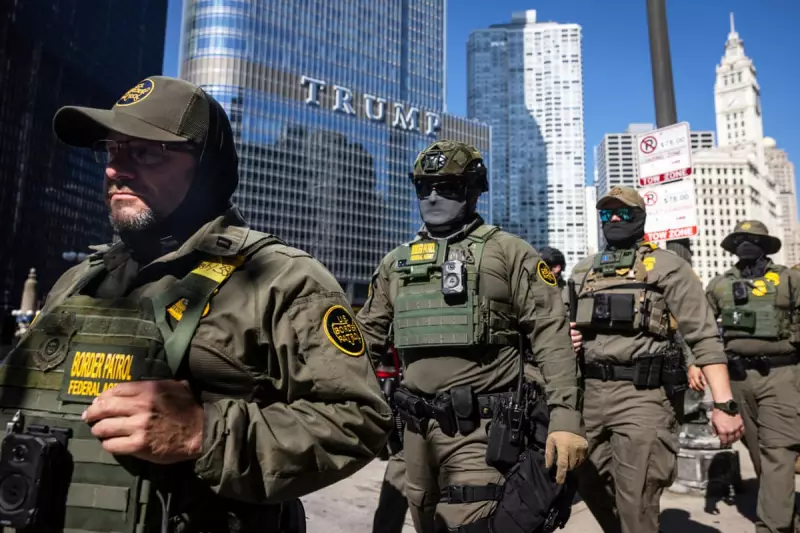
In a bold move challenging federal immigration authority, Illinois has launched a controversial new initiative that provides undocumented immigrants with special licence plates while establishing a dedicated hotline to report immigration enforcement activities.
A Sanctuary State's Defiant Stand
The groundbreaking programme represents Illinois' most assertive step yet in positioning itself as a sanctuary state, directly confronting the federal government's immigration crackdown efforts. The initiative builds upon the state's existing Temporary Visitor Driver's Licence programme, which has already issued driving privileges to over 300,000 undocumented immigrants.
How the Revolutionary System Works
Under the new scheme, participants in the state's driver's licence programme can obtain distinctive licence plates that differ from standard Illinois plates. More controversially, the state has established a dedicated hotline that residents can use to report sightings of Immigration and Customs Enforcement (ICE) vehicles conducting enforcement operations.
Political Firestorm and Legal Battles
The initiative has ignited immediate political controversy, with conservative groups and federal officials condemning it as an obstruction of federal law enforcement. Legal experts predict the programme will face swift court challenges, testing the boundaries of state versus federal authority in immigration matters.
Public Safety or Political Statement?
Supporters argue the measure enhances road safety by ensuring all drivers are properly licensed and insured, while also protecting immigrant communities from what they describe as "overreach" by federal authorities. Critics counter that the programme deliberately impedes legitimate law enforcement activities and encourages illegal immigration.
National Implications
As other progressive states watch closely, Illinois' programme could set a precedent for similar measures across the country, potentially creating a patchwork of local resistance to federal immigration policies and reshaping the national conversation around immigration enforcement.





